
 | The Czech Academy of Sciences (CAS) includes 54 independent research institutions including research infrastructures. Its primary mission is to conduct scientific research in a broad spectrum of the natural, technical and social sciences and the humanities. This research, whether highly specialized or interdisciplinary in nature, aims to advance developments in scientific knowledge at the international level. CAS sees its role also in contributing to the specific needs of Czech society, national culture and competitiveness of the national industry through collaborative and applied research. |
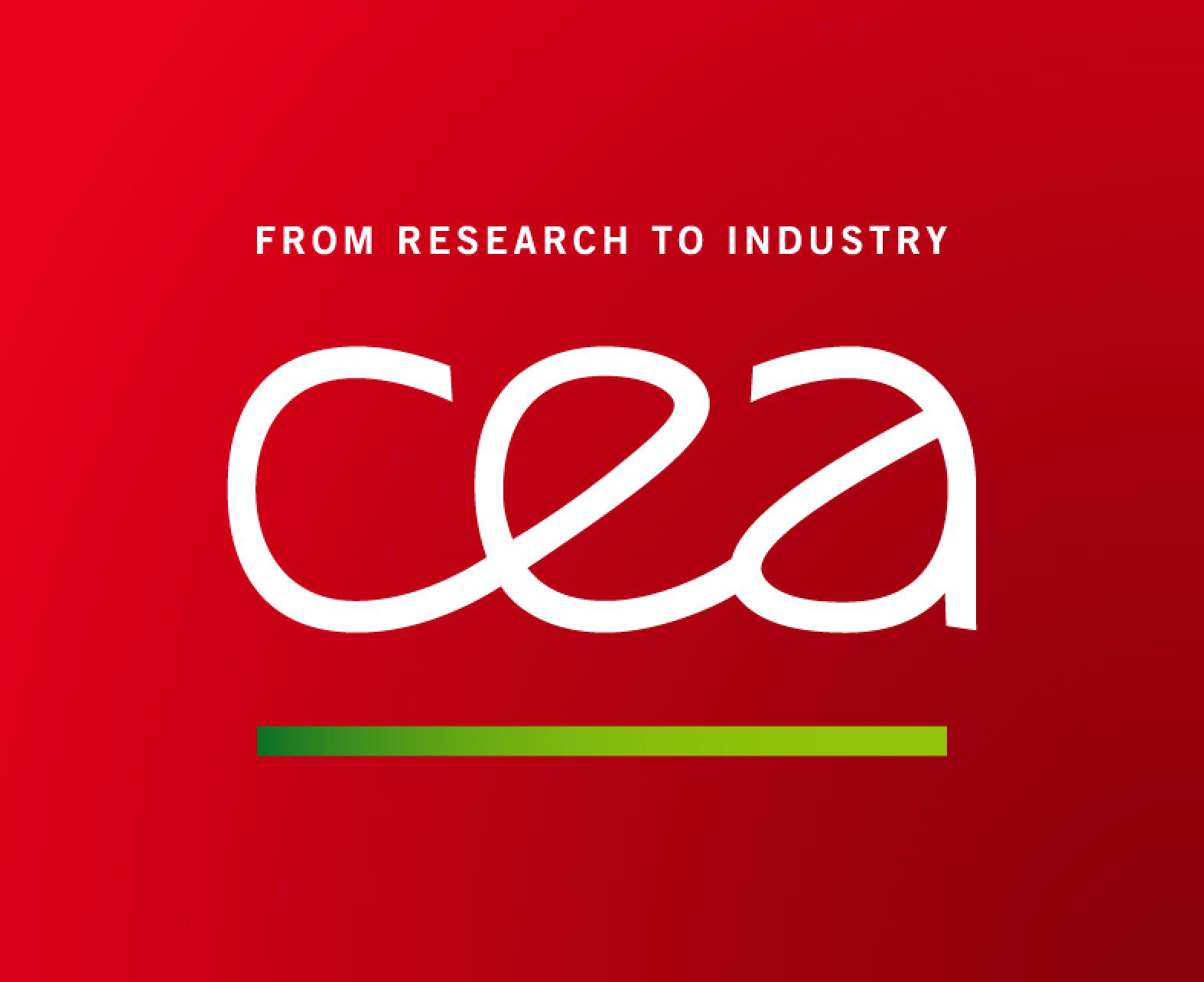 | The CEA is established in nine centers spread throughout France. It works in partnership with many other research bodies, local authorities and universities. Within this context, the CEA is a stakeholder in a series of national alliances set up to coordinate French research in energy (ANCRE), life sciences and health (AVIESAN), digital science and technology (ALLISTENE), environmental sciences (AllEnvi) and human and social sciences (ATHENA). |
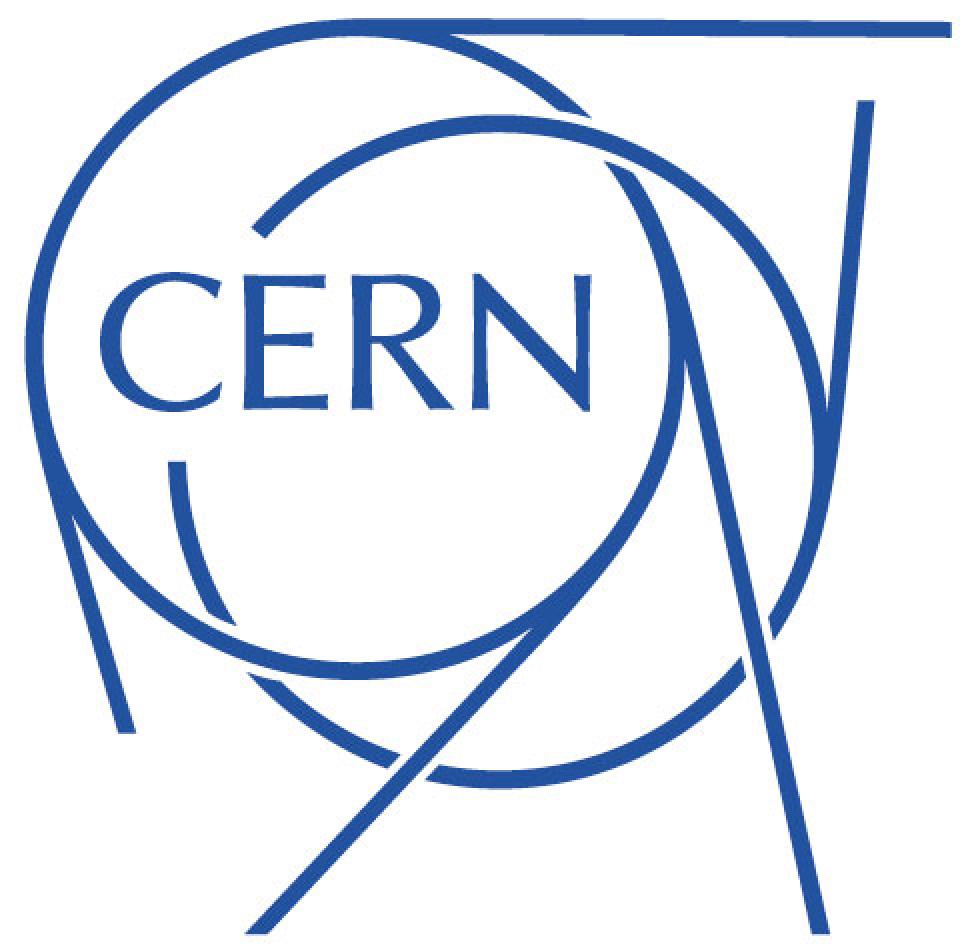 | Physicists and engineers at the European Organization for Nuclear Research use the world's largest and most complex scientific instruments to probe the fundamental laws of nature. CERN’s mission is: to provide a unique range of particle accelerators, to perform world-class research in fundamental physics, to unite people from all over the world, and to push the frontiers of science and technology, for the benefit of all. CERN’s Knowledge Transfer group engages with experts in science, technology and industry in order to create opportunities for the transfer of CERN’s technology and know-how. |
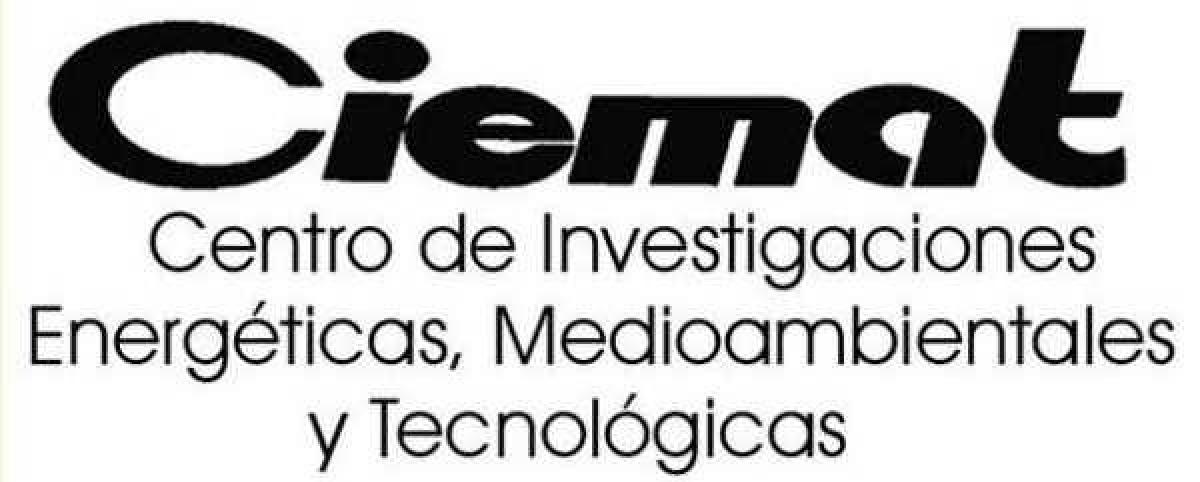 | The CIEMAT is a public research body assigned to the Ministry of Economy and Competitiveness of Spain under the Secretariat of State for Research, Development and Innovation, focusing on energy and environment and the technologies related to them. CIEMAT mission is to contribute to sustainable development of the country and to the quality of life of its citizens through the generation and application of scientific and technological knowledge. Its goal is to maintain its position as a centre of excellence in energy, environment and technology and in basic research. |
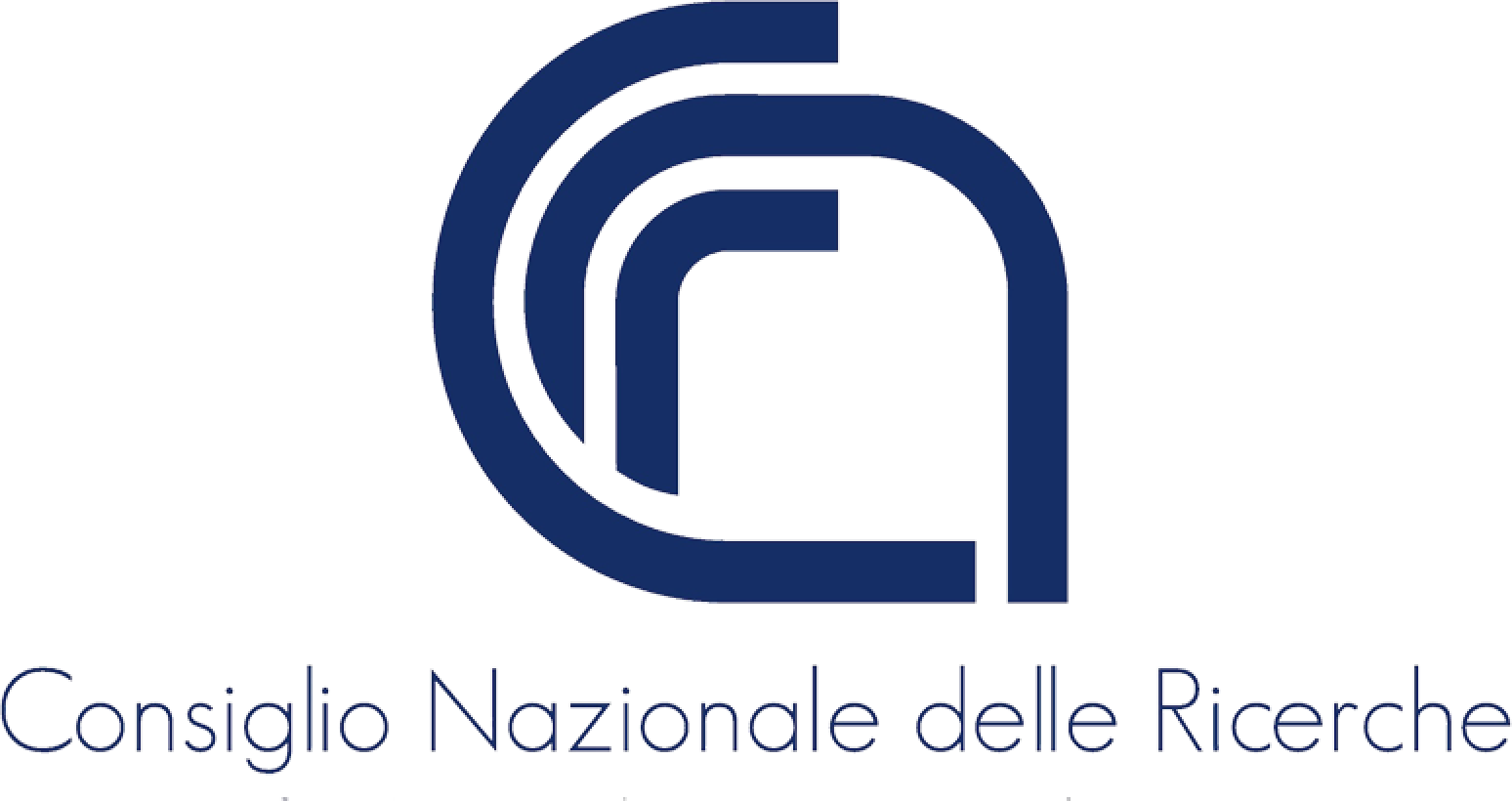 | The National Research Council (CNR) is the largest public research institution in Italy, the only one under the Research Ministry performing multidisciplinary activities. CNR mission is to perform research in its own Institutes, to promote innovation and competitiveness of the national industrial system, to promote the internationalization of the national research system, to provide technologies and solutions to emerging public and private needs, to advice Government and other public bodies, and to contribute to the qualification of human resources. |
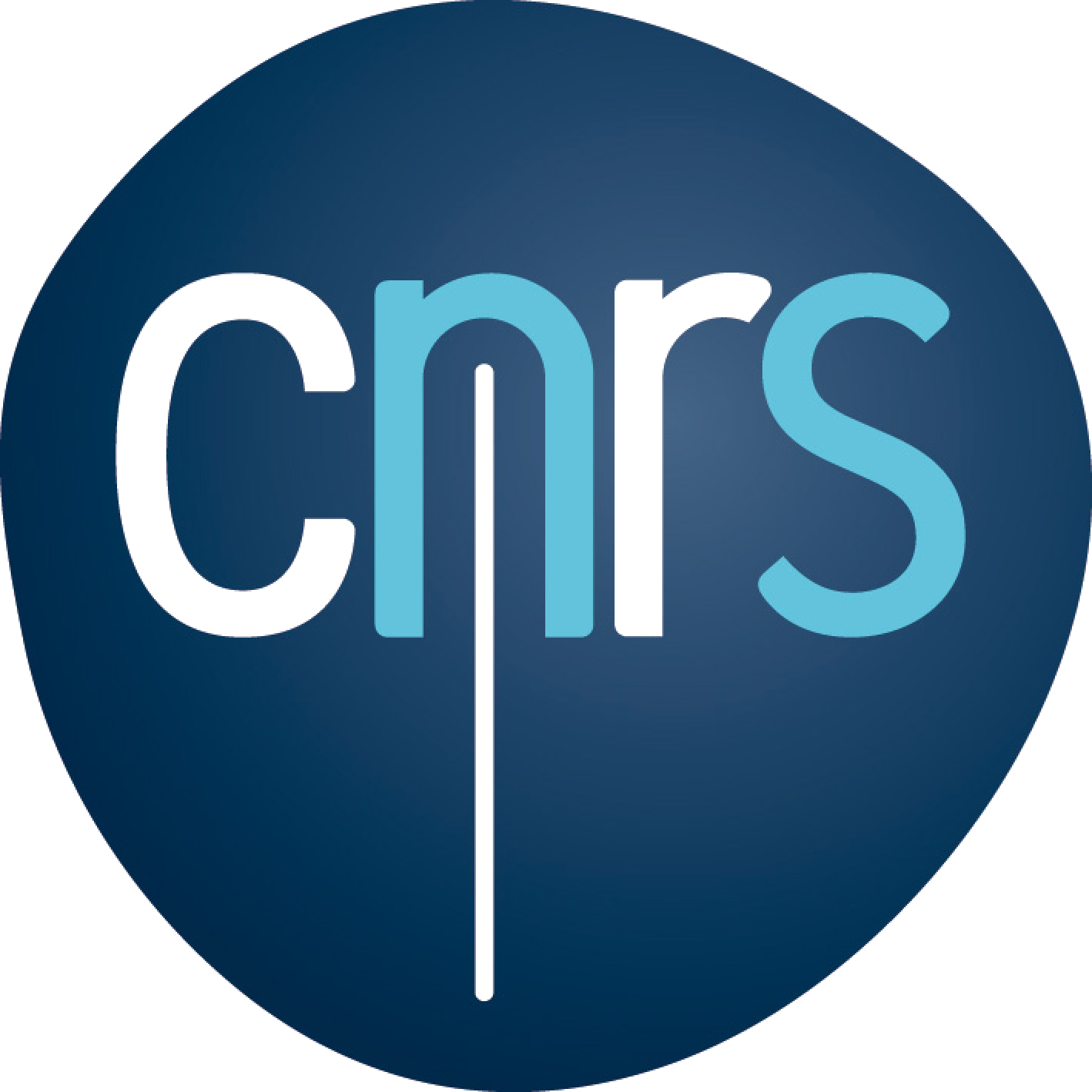 | France’s National Center for Scientific Research is a public research institution under the responsibility of the French Ministry of Higher Education, Research and Innovation. A pluridisciplinary organization, it covers all scientific disciplines, including the humanities and social sciences, biological sciences, nuclear and particle physics, information sciences, engineering and systems, physics, mathematical sciences, chemistry, Earth sciences and astronomy, ecology and the environment. |
 | The Spanish National Research Council (CSIC) is the largest public research organisation in Spain with 120 centres located nationwide. CSIC’s research covers all scientific disciplines, including Humanities and Social Science, Biology and Biomedicine, Natural Resources, Agriculture, Physics, Material Science, Food and Chemistry al Science and Technologies. The CSIC manages large infrastructures, including an Antarctic Research Station and two research vessels. |
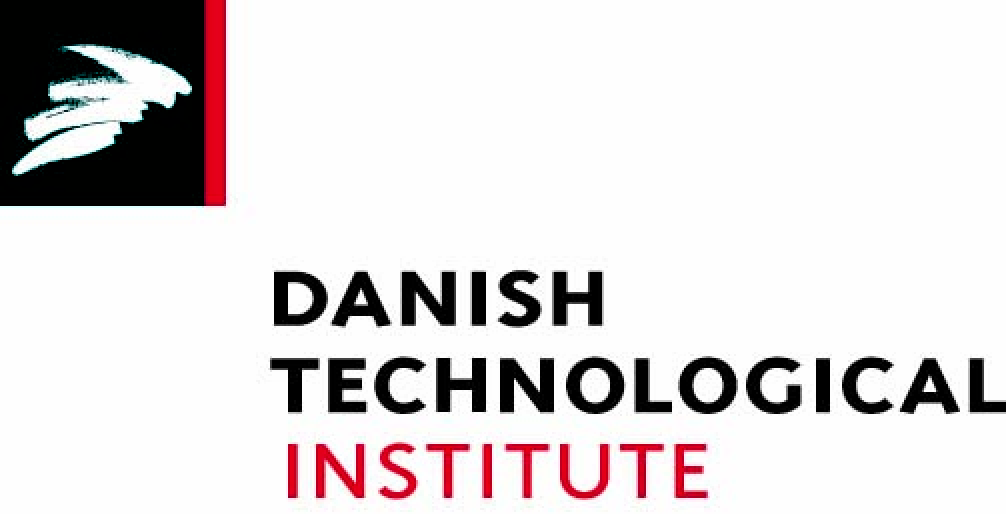 | Since 1906, Danish Technological Institute (DTI) has made technology useful to the wider business community. An independent, not for profit institution with over 1000 professionals, 69 laboratory and present in five countries, in technical fields ranging from robotics over sustainable building, animal welfare, metrology, and business analysis DTI touches on most aspects of technology and applied research. Apart from TTO, DTI takes part in R&D networks such as EARTO, WAITRO and GRA. As an active partner, DTI maintains strong relations to all major technology transfer offices all over the world. |
 | Italian National Agency for New Technologies, Energy and Sustainable Economic Development (ENEA) is the second major Italian research organization. ENEA’s multidisciplinary competences and great expertise in managing complex research projects are put at the disposal of the Country system. Specifically, its activities are devoted to: basic, mission-oriented, and industrial research exploiting wide-ranging expertise as well as experimental facilities, specialized laboratories, advanced equipment. ENEA also develops new technologies and advanced applications and provides public and private bodies with high-tech services, studies, measurements, tests and assessments. |
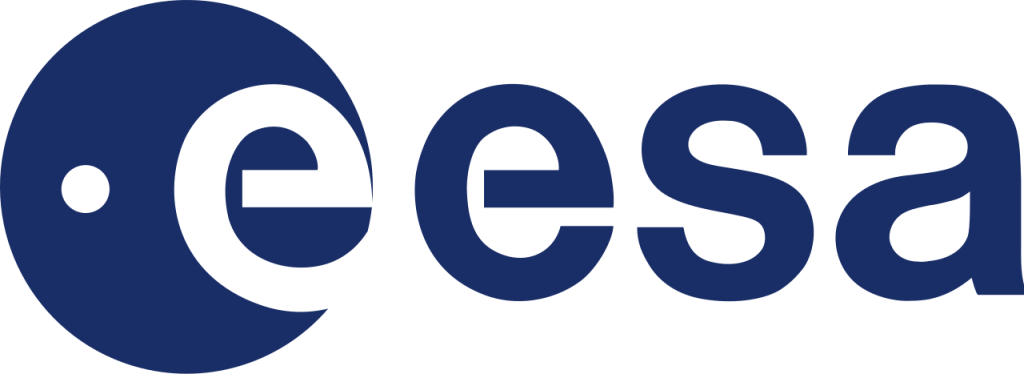 | The European Space Agency (ESA) is Europe’s gateway to space. Its mission is to shape the development of Europe’s space capability and ensure that investment in space continues to deliver benefits to the citizens of Europe and the world. ESA’s Technology Transfer Programme Office (TTPO) focuses on encouraging space-connected entrepreneurship and innovation. Successfully it has brought space technology, application systems and expertise down to Earth and into our every-day lives. A key factor has been to develop the Technology Transfer Brokerage network and the Business Incubation Centers across Europe that make space commercially interesting to explore and accessible to businesses and entrepreneurs. Through ‘ESA space solutions’ it connects these initiatives to offer a complete solution for all aspects of space-related innovation, opening up a gateway to ESA and to space. |
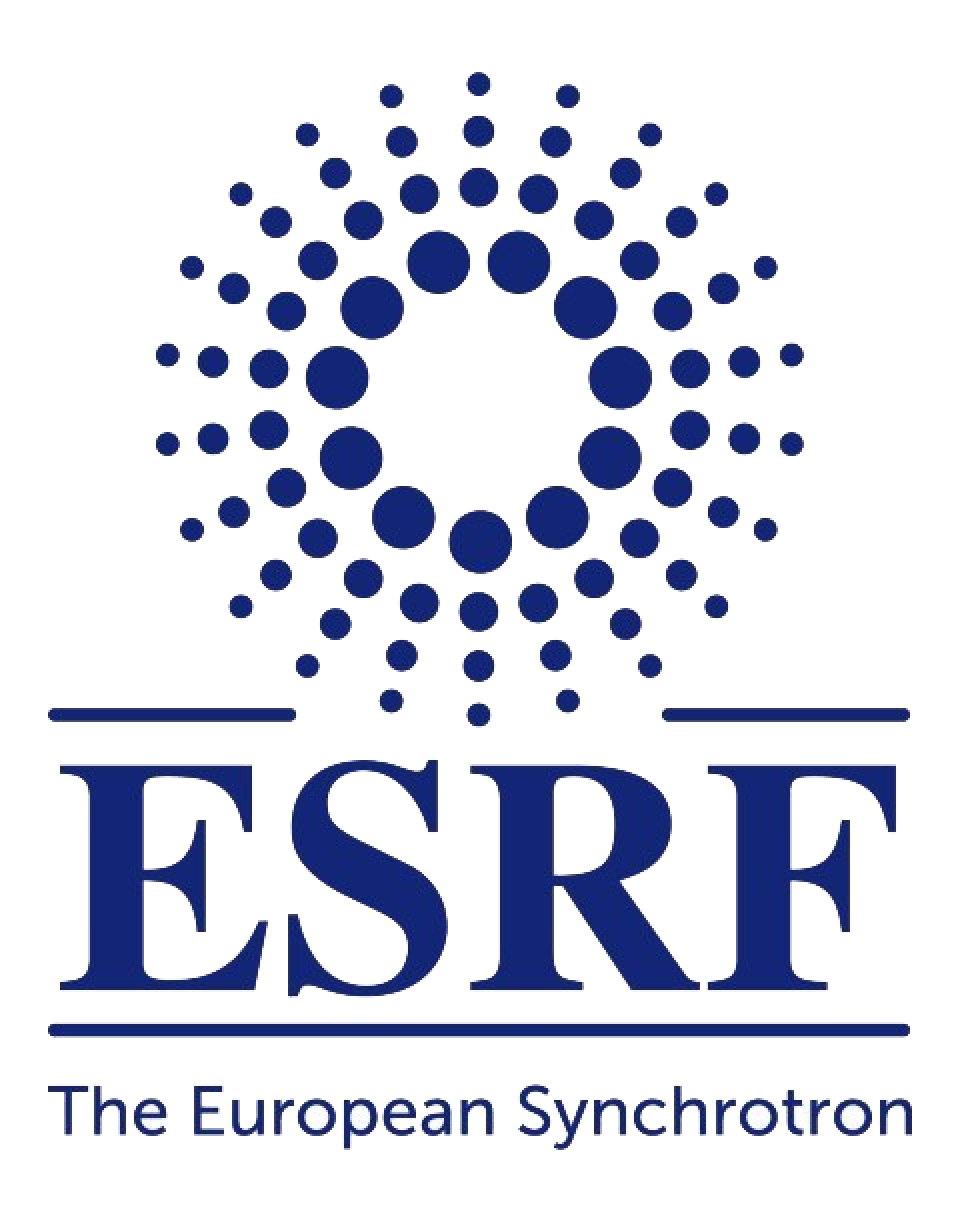 | The European Synchrotron Radiation Facility (ESRF) is the world's most intense X-ray source and a centre of excellence for fundamental and innovation-driven research in condensed and living matter science. The ESRF is a cooperation of 22 partner nations. Serving over 7000 academic and industrial visitors annually, its 43 beamlines are used for advanced materials characterisation beyond conventional techniques. Synchrotron light is a flexible, precise and non-destructive probe to learn about material micro-structure and behaviour under operando conditions. The ESRF owns unique know-how in high-precision synchrotron instrumentation (mechanics, optics, detectors, control...). |
The ETH Domain consists of the two federal institutes of technology, ETH Zurich and EPFL in Lausanne, and the four research institutes, the Paul Scherrer Institute (PSI), the Swiss Federal Institute for Forest, Snow and Landscape Research (WSL), the Swiss Federal Laboratory for Materials Testing and Research (Empa) and the Swiss Federal Institute of Aquatic Science and Technology (Eawag). The ETH Board is the strategic management and supervisory body of the ETH Domain. It supervises development plans, carries out control activities and ensures good coordination among its partners. | |
 | The Foundation for Research and Technology - Hellas (FORTH), established in 1983, is one of the largest research centres in Greece with well - organized facilities and highly qualified personnel. It functions under the supervision of the General Secretariat for Research and Technology. PRAXI Network is the Industrial Liaison Office of FORTH offering information, mediation and advisory services to all stages of the technology transfer and exploitation of research results process. Since 1991, it also offers brokerage and innovation support services to Greek SMEs and other research institutions. |
 | The Fraunhofer-Gesellschaft is the leading organisation for applied research in Europe. Its research activities are conducted by 72 institutes and research units at locations throughout Germany. Fraunhofer works with an annual research budget totalling 2.6 billion euros. Around 70 per cent of Fraunhofer’s contract research revenue is derived from contracts with industry and from publicly financed research projects. International collaborations with excellent research partners and innovative companies around the world ensure direct access to regions of the greatest importance to present and future scientific progress and economic development. |
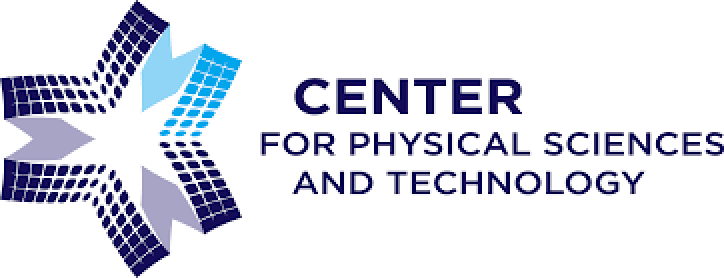 | FTMC is Lithuania’s leading scientific research institution carrying out fundamental and applied research in laser technologies, optoelectronics, nuclear physics, organic chemistry, bio and nanotechnologies, electrochemical material science, functional materials. Established in 2010 by merging the Institutes of Physics, Semiconductor Physics, Chemistry and Textile, the Centre is a member of EARTO and the Association of Research and Technology Organizations in Lithuania. The FTMC’s mission is the generation and capitalization of scientific knowledge. It maintains a dedicated TTO to support scientists in their collaboration with the industry and facilitates the spin-off creation. |
 | The Helmholtz Association contributes to solving major challenges facing society, science and the economy with top scientific achievements in six research fields. With 18 research centres and an annual budget of €4 billion, the Helmholtz Association is Germany’s largest scientific organisation. Helmholtz pursues long-term research goals of state and society using large-scale scientific infrastructure in close cooperation with national and international partners. Helmholtz contributes to shaping the future by combining cutting-edge research of highly-complex systems and technology development with a vision for innovative application in tomorrow's world. |
 | The International Centre for Genetic Engineering and Biotechnology (ICGEB) is the world’s leading intergovernmental Organization for research, training and technology transfer in the field of Life Sciences and Biotechnology, with the ultimate goal of promoting sustainable global development. ICGEB runs 47 state-of-the-art laboratories in the HQ in Trieste-Italy and in two other Components in New Delhi-India and Cape Town-South Africa. The Centre is governed by the Board of Governors representing its 66 Members, the scientific activities by the Council of Scientific Advisers, comprising 15 eminent scientists and Nobel Laureates. |
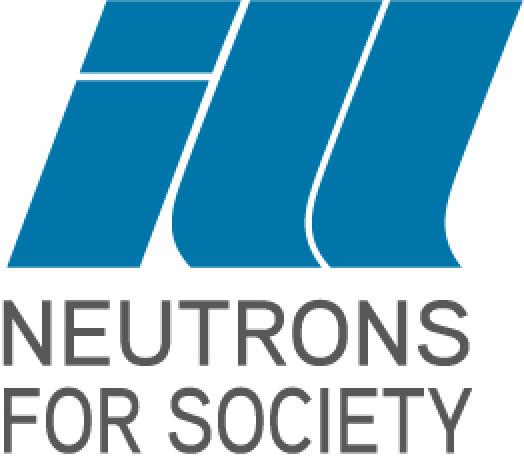 | The Institut Laue-Langevin is an international research centre at the forefront of neutron science and technology. The ILL is the world’s flagship centre for neutron science, providing scientists with an intense neutron source feeding 40 instruments. A service institute, the ILL hosts 1400 researchers per year who conduct over 800 experiments. Research fields include condensed matter physics, chemistry, biology and materials science. Scientists at ILL investigate everything from fuel cells and new materials to biological processes, micro/nanoelectronics and the workings of the universe itself. |
 | Imec is the world-leading R&D and innovation hub in nanoelectronics and digital technologies. It leverages its scientific knowledge with the innovative power of its global partnerships in ICT, healthcare and energy. In a unique high-tech environment, its international top talent is committed to providing the building blocks for a better life in a sustainable society. By leveraging their world-class infrastructure and local and global ecosystem of diverse partners across a multitude of industries, they are accelerating progress towards a connected, sustainable future. |
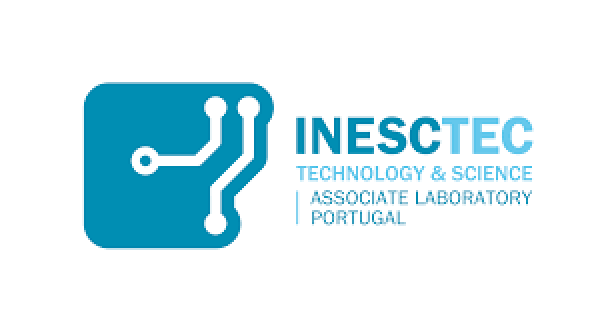 | INESC TEC - Institute for Systems and Computer Engineering, Technology and Science - has over 30 years as an institute specialising in R&D, technology transfer, advanced consulting and training, and pre-incubation of new technology-based companies. INESC TEC hosts over 700 integrated researchers working in the cities of Porto, Braga and Vila Real, and comprises 13 multidisciplinary R&D centres. As an institution operating at the interface of the academic and business worlds, INESC TEC typically applies the knowledge and results generated as part of its research in technology transfer projects, seeking value creation and immediate social relevance. |
 | Inria, the French National Institute for computer science and applied mathematics, promotes “scientific excellence for technology transfer and society”. With an agile model of research teams, Inria is able to explore original approaches and answer the multidisciplinary challenges of the digital transformation. Inria is a Carnot Institute, a French label granted to the best structures with proven competencies for fostering innovation with industrial partners. 46 researchers were awarded European Research Council grants at Inria and more than 140 startup were created from its research teams. |
 | The Jožef Stefan Institute is the leading Slovenian scientific research institute, covering a broad spectrum of basic and applied research. The staff is specialized in natural sciences, life sciences and engineering. The subjects concern production and control technologies, communication and computer technologies, biotechnology, new materials, environmental technologies, nanotechnologies and nuclear engineering. The mission of the Jožef Stefan Institute is the accumulation and dissemination of knowledge at the frontiers of natural science and technology to the benefit of society. |
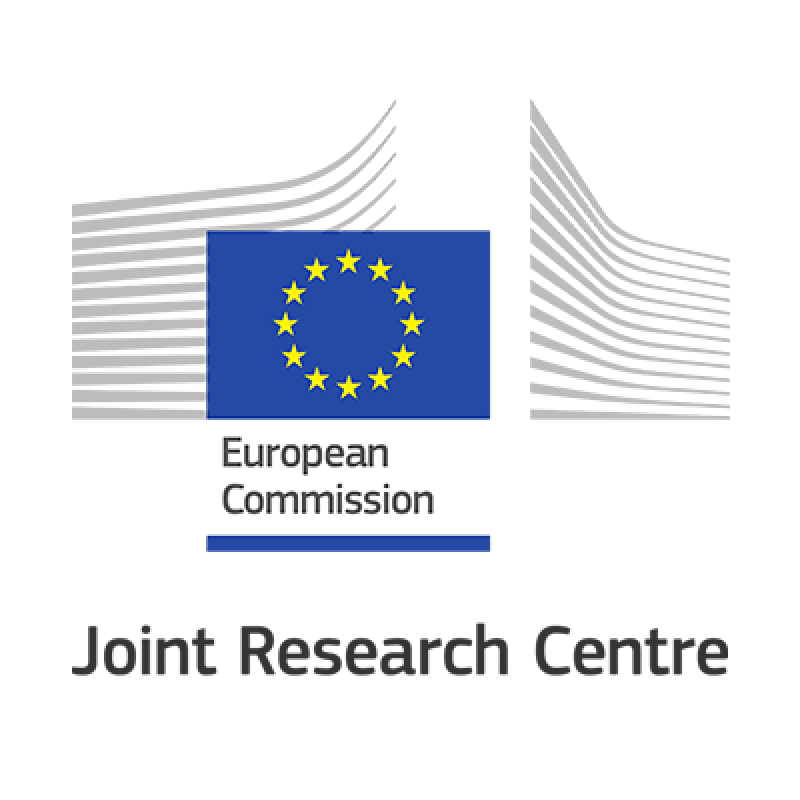 | As the European Commission's science and knowledge service, the Joint Research Centre's mission is to support EU policies with independent evidence throughout the whole policy cycle. Its work has a direct impact on the lives of citizens by contributing with its research outcomes to a healthy and safe environment, secure energy supplies, sustainable mobility and consumer health and safety. The JRC draws on over 50 years of scientific experience and continually builds its expertise. Located across five different countries, the JRC hosts specialist laboratories and unique research facilities and is home to thousands of scientists working to support EU policy. |
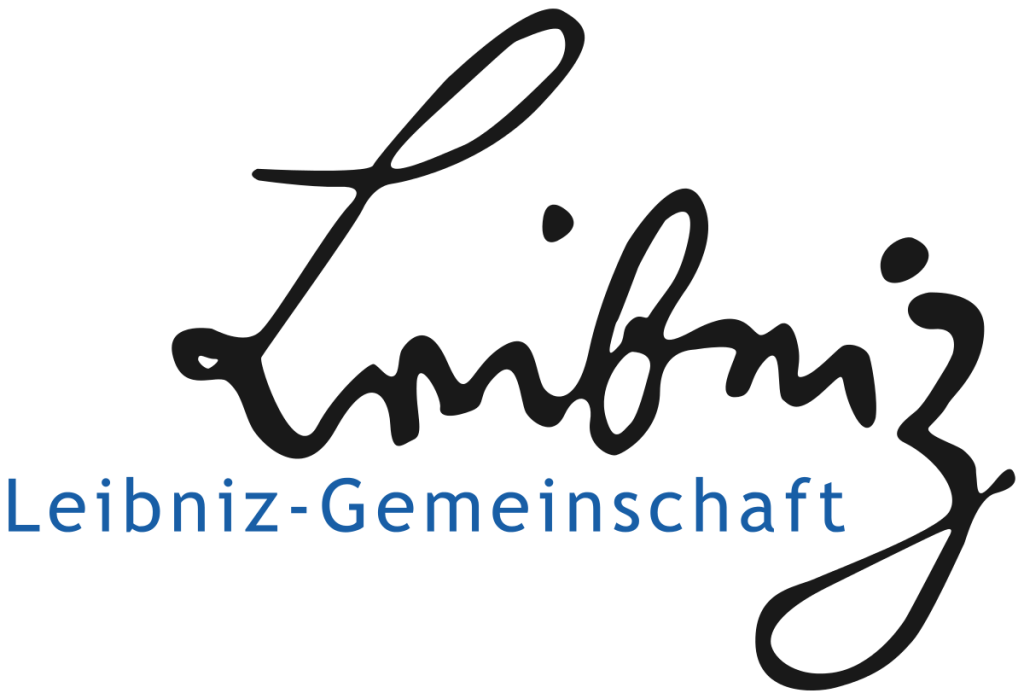 | The Leibniz Association connects 91 independent research institutions that range in focus from the natural, engineering and environmental sciences via economics, spatial and social sciences to the humanities. Leibniz Institutes address issues of social, economic and ecological relevance. They conduct knowledge-driven and applied basic research, maintain scientific infrastructure and provide research-based services. The Leibniz Association identifies focus areas for knowledge transfer to policy-makers, academia, business and the public. |
 | The Luxembourg Institute of Science and Technology (LIST) is a mission-driven Research and Technology Organization aiming at strengthening Luxembourg’s economy and improve its quality of life through technological innovations in the digital and ecological ages. It develops competitive market-oriented product & service prototypes for public and private stakeholders, working across the entire innovation chain from fundamental and applied research up to incubation and transfer of technologies, as well as policy support actions. Driven by impact, LIST is the largest RTO and the most active patenting research organisation in Luxembourg. |
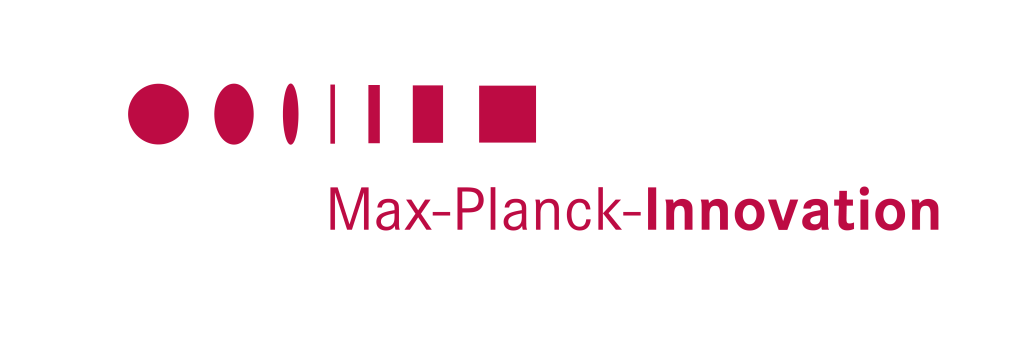 | Max Planck Innovation (MI) is responsible for the technology transfer of the Max Planck Society. With its interdisciplinary team of 30 experienced scientists, engineers, business administrators, and lawyers, MI manages the inventions of more than 13,000 scientists and researchers, comprising 770 active patent families. MI offers numerous inventions in the fields of life sciences and physical sciences to industry, including more than 70 software inventions. Since the early 1990s, roughly 130 spin-offs have emerged from the Max Planck Society, the majority of them accompanied by MI. |
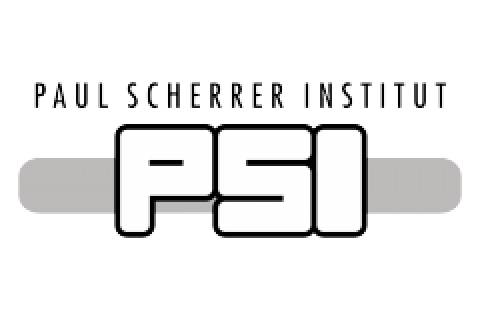 | The Paul Scherrer Institute PSI is the largest research institute for natural and engineering sciences in Switzerland, conducting cutting-edge research in three main fields: matter and materials, energy and the environment and human health. By conducting fundamental and applied research, PSI works on long-term solutions for major challenges facing society, industry and science. PSI develops, builds and operates complex large research facilities such as the Swiss Light Source (SLS), the free-electron X-ray laser SwissFEL, the SINQ neutron source and the SμS muon source. |
 | RISE Research institutes of Sweden AB is the largest RTO in Sweden. The RISE group also including Swerea has over 2 500 researchers and operate over 100 testbeds. In 2016 the turnover was 330 million Euro of which 53 % from industry. The head office is located in Göteborg. The RISE group hold some 300 patents. Since 1997 the RISE group has created around 50 spin-offs. The main areas of activity are Bioeconomy, Built Environment, ICT and Materials and production technologies. |
 | SINTEF is the largest independent research organisation in Scandinavia. SINTEF creates value and innovation through knowledge generation and development of technological solutions that are brought into practical use. SINTEF TTO is a wholly owned subsidiary of SINTEF. Its main activities are related to developing commercial concepts from research results, and commercialising these either through selling technology, licensing or establishing new spin-off companies. SINTEF TTO manages SINTEFs IPR as well as venture and seed capital investment activity. |
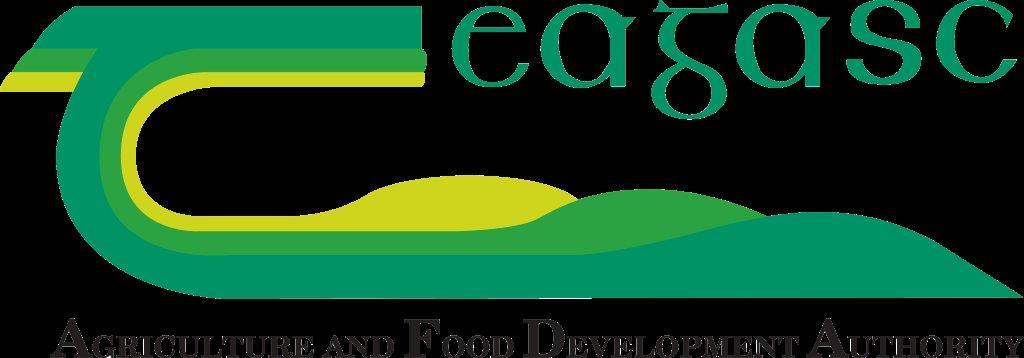 | Teagasc – the Agriculture and Food Development Authority – is the national body providing integrated research, advisory and training services to the agriculture and food industry and rural communities. Teagasc undertakes innovative research in Animal and Grassland Research and Innovation, Crops, Environment and Land Use, Food, and Rural Economy and Development, and has a tradition of adding significant value to Irish and international agri-food and related organisations through access to expertise, infrastructure and intellectual property. |
 | TECNALIA Research & Innovation is the first Private Applied Research and Technological Development Centre in Spain and one of the most important centres in Europe; with 1 300 experts, of over 30 different nationalities, focusing on transforming knowledge into GDP to improve people’s quality of life, by creating business opportunities for companies. “Inspiring Business” is a synthesis of two concepts that go hand in hand: imagining and making it come true. Through TECNALIA Ventures, TECNALIA identifies and manages the entire life cycle of innovative technological assets in order to address industrial P&L problems that matter by developing innovative IP and technology based business opportunities |
 | TNO is an independent research organisation. Its mission is to connect people and knowledge to create innovations that boost the competitive strength of industry and the well-being of society in a sustainable way. They work in collaboration with partners and focus on five transitions, identified together with their stakeholders:
|
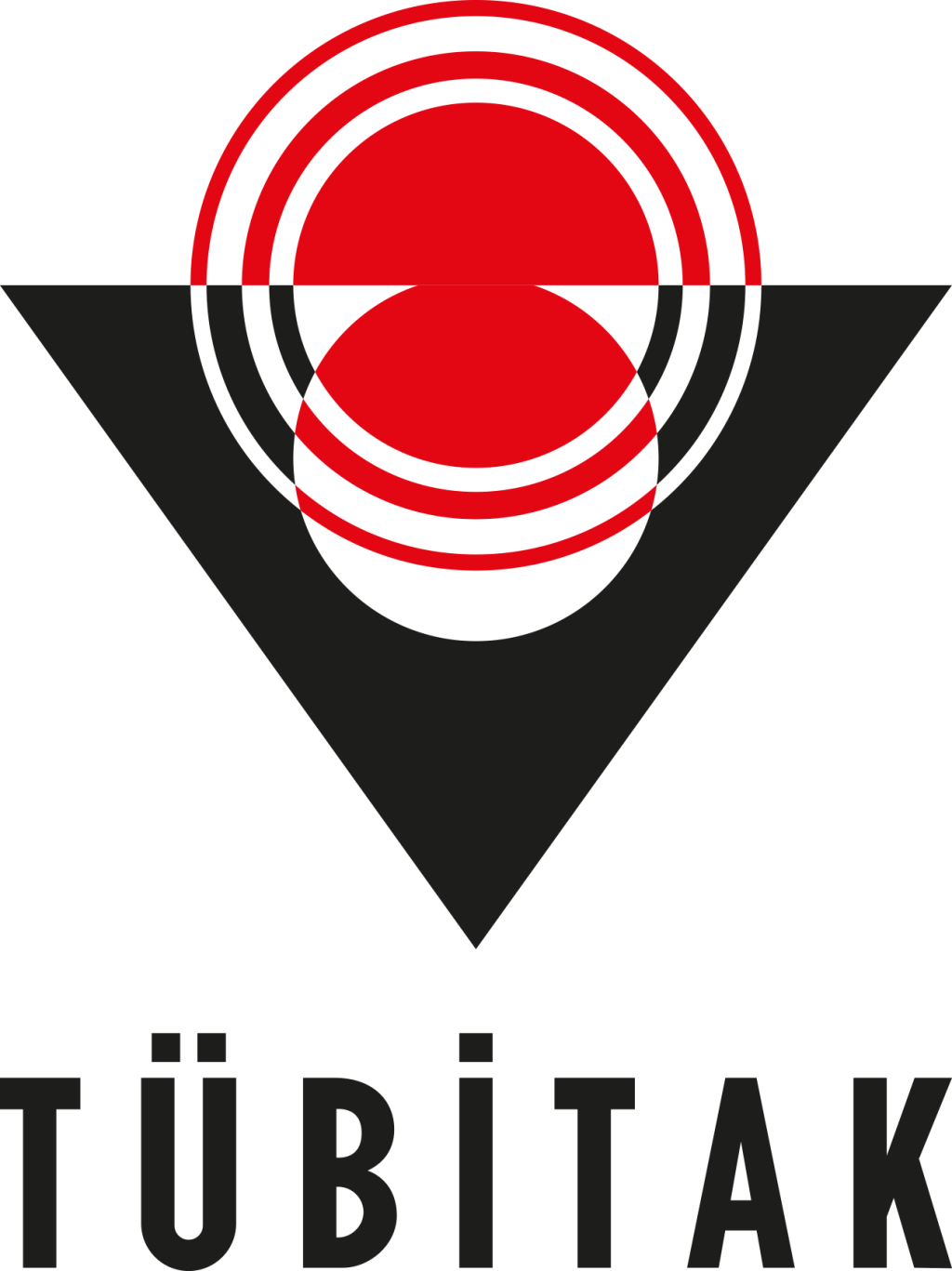 | The Scientific and Technological Research Council of Turkey (TÜBİTAK) is the leading agency for management, funding and research in Turkey since 1963. Its mission is to advance science and technology, conduct research and support Turkish researchers. The Council is an autonomous institution governed by a Scientific Board whose members are selected from prominent scholars from universities, industry and research institutions. TÜBİTAK acts as an advisory agency to the Turkish Government on science and research issues. It is the secretariat of the Supreme Council for Science and Technology, the highest S&T policy making body. |
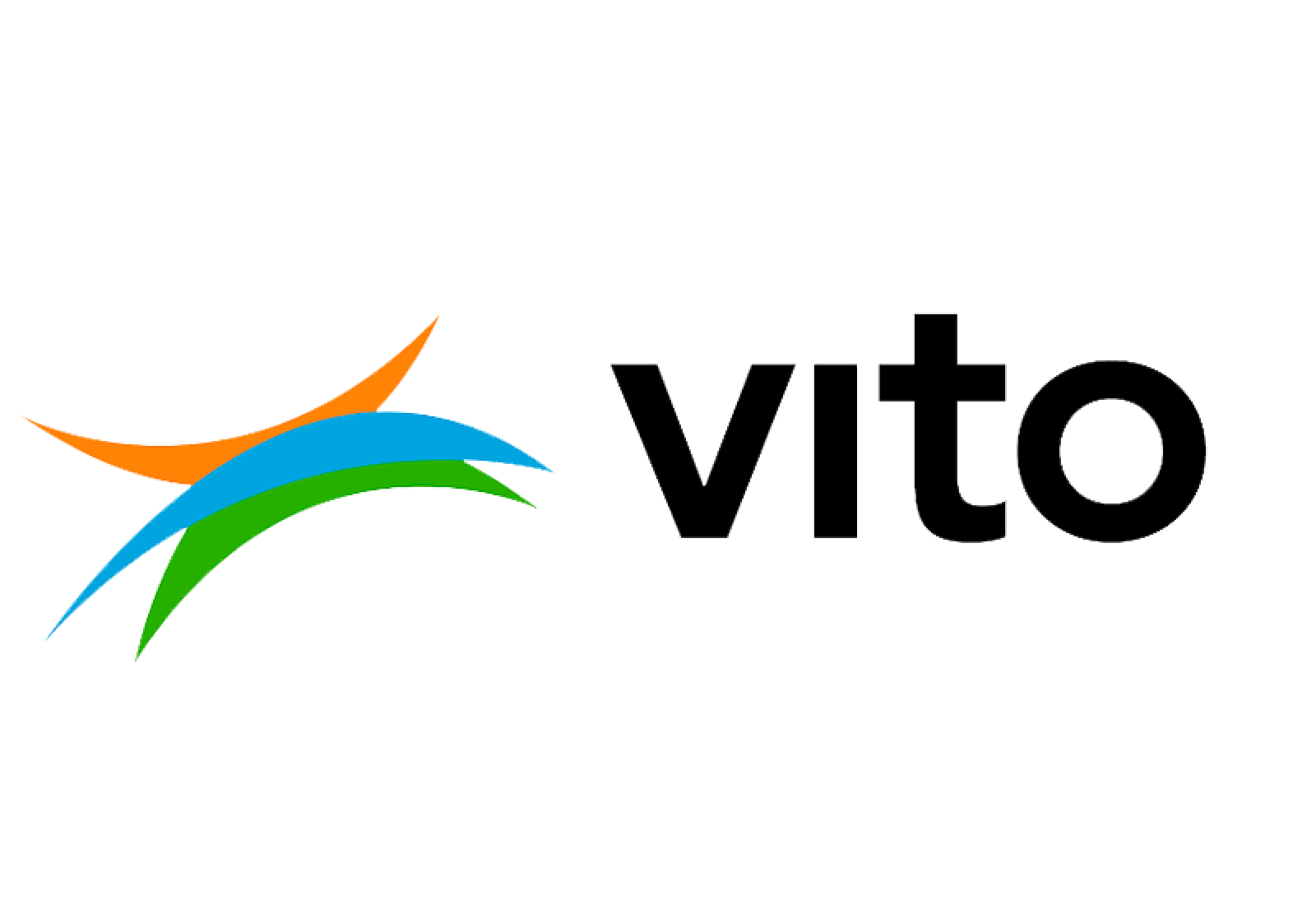 | VITO is a leading European independent research and technology organisation in the areas of cleantech and sustainable development, elaborating solutions for the large societal challenges of today. It provides innovative and high-quality solutions, whereby large and small companies can gain a competitive advantage, and advise industry and governments on determining their policy for the future. Climate change, food security, resource scarcity, sustainable energy, ageing population are among VITO's areas of expertise. |
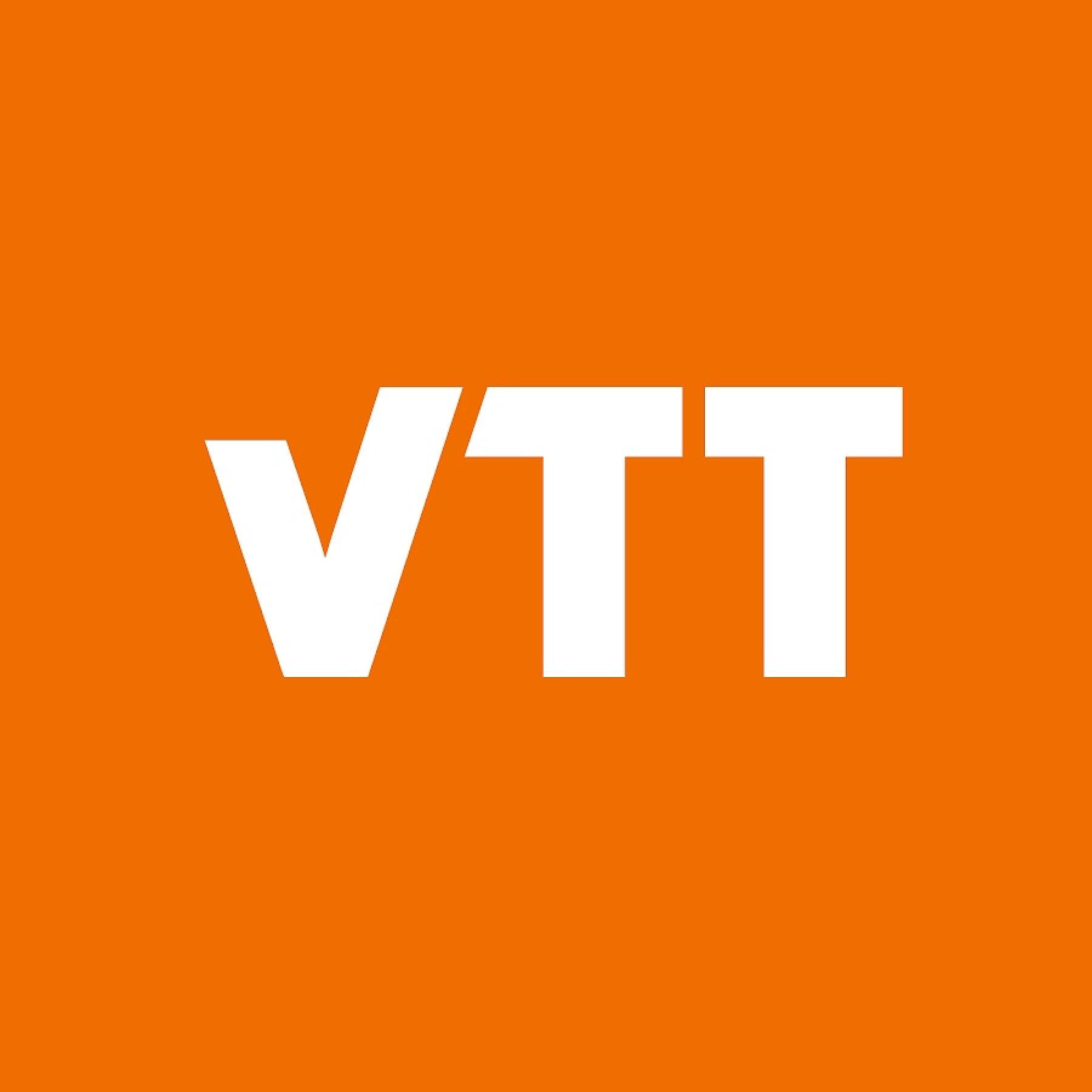 | VTT Technical Research Centre of Finland Ldt is one of the leading research and technology organizations in the Nordic countries. VTT is an essential part of the innovation system in Finland and operates under the mandate of the Ministry of Employment and the Economy. VTT uses its research and knowledge to provide expert services for its domestic and international customers and partners. VTT develops new smart technologies, profitable solutions and innovation services. VTT cooperates with its customers to produce technology for business and build success and well-being for the benefit of society. |
| Originally Published | Last Updated | 25 May 2023 | 02 Apr 2024 |
| Knowledge service | Metadata | Technology Transfer |
